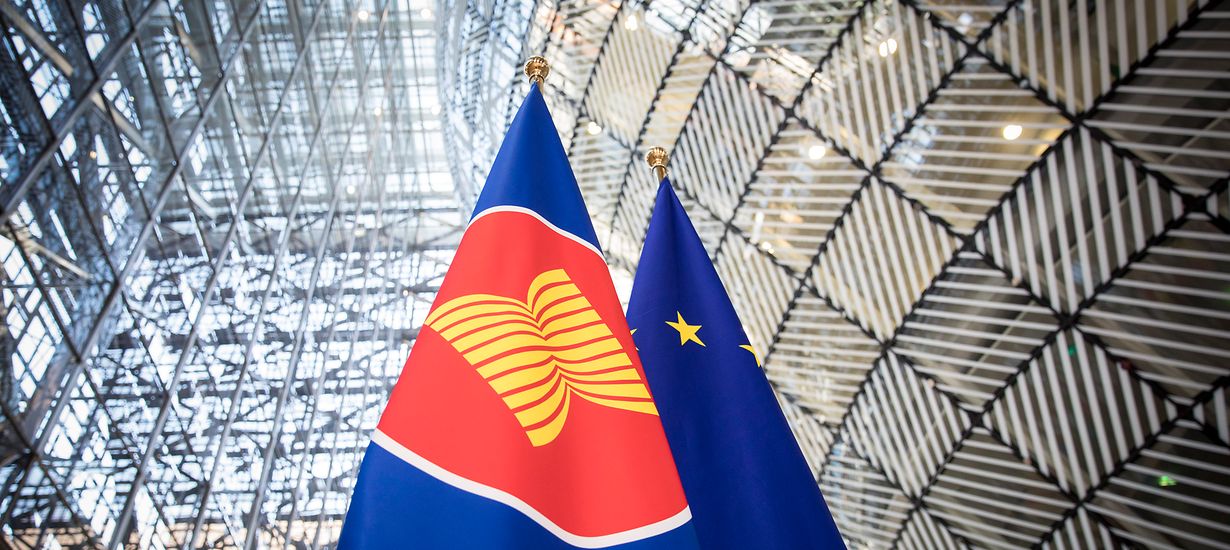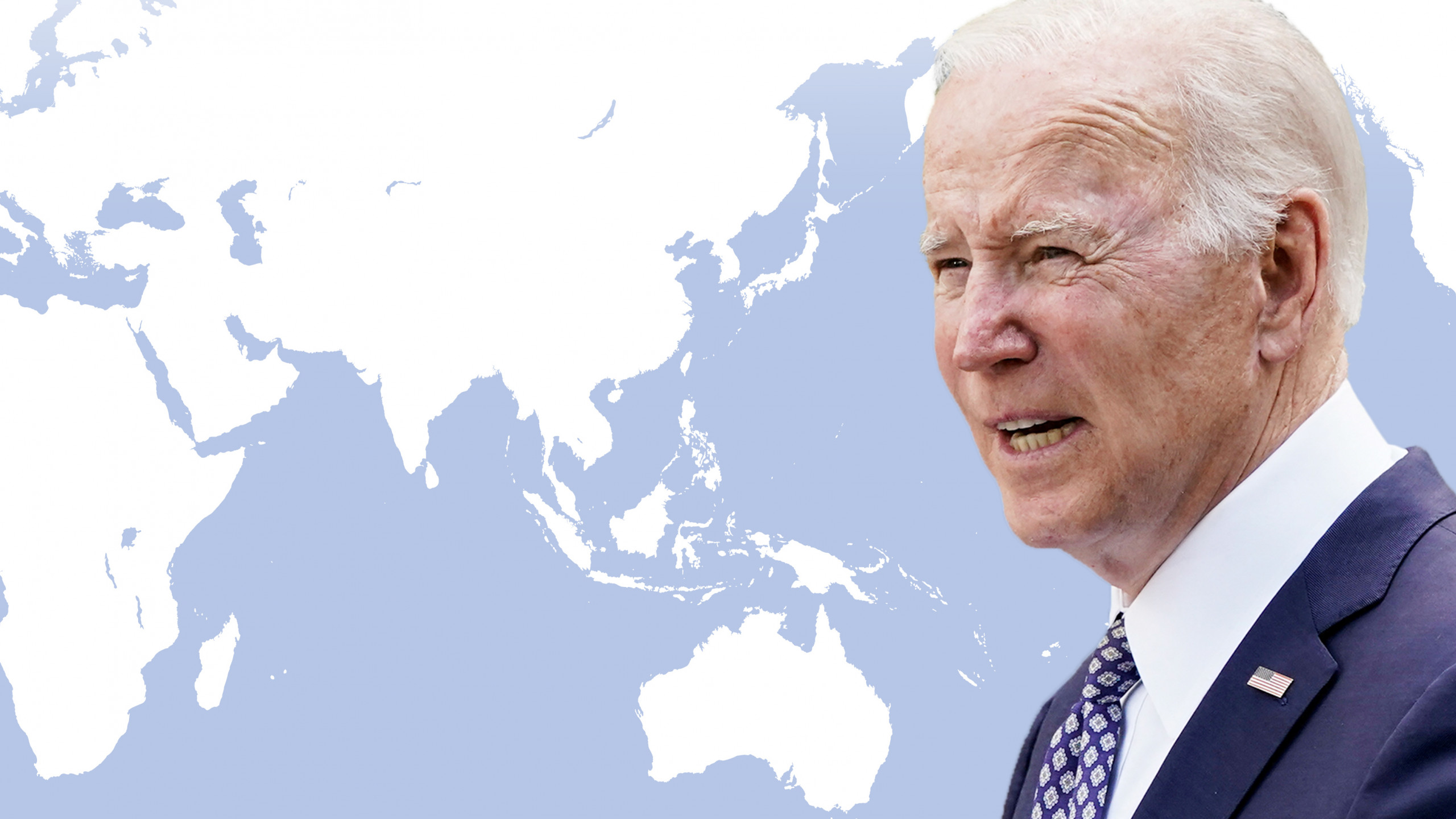The EU has attempted to negotiate a Free Trade Agreement (FTA) with ASEAN, but this strategy's failure has led to preferring bilateral agreements with individual states.
EU and ASEAN had started negotiations for a free trade agreement as early as 2007 but stopped in 2009. From that moment, the EU has preferred to pursue negotiations with individual states and to date has managed to sign agreements with Singapore (2019) and Vietnam (2020). Although talks are open with Indonesia, Malaysia, Thailand and the Philippines, the EU's ultimate goal is to use individual agreements as a launching pad to one day reach a region-to-region deal with ASEAN.
Overall, ASEAN is one of the world's largest economies, a market of over 660 million consumers, with a rapidly expanding middle class, offering excellent EU exporters and investors excellent opportunities. ASEAN is the EU's third-largest trading partner after the US and China, while the EU is ASEAN's third-largest trading partner after China and the US. The region is also a key hub for the transit of goods and occupies a critical production network position. To date, ASEAN has signed free trade agreements with China, Hong Kong, Japan, Korea, India, Australia and New Zealand. Furthermore, ASEAN states are among the 15 countries that have concluded the RCEP negotiations and four of them (Brunei, Malaysia, Singapore and Vietnam) are also members of the CPTTP.
The dialogue with Indonesia began in 2016 and is still ongoing. The topics covered are various, and some are in the process of being closed (health issues, antitrust and mergers), while others are pending (institutional provisions relating to customs) or under discussion (rules of origin on products, liberalization of trade in goods, state-owned enterprises and subsidies, investments and services). The palm oil issue remains decisive, as Indonesia is the first producer in the world and believes that EU measures on renewable energy discriminate against biofuels based on this oil. A dispute is pending with the EU in the WTO on this issue. In general, it is estimated that an agreement would produce an increase in EU GDP of between € 2-3 billion by 2032 and for Indonesia between 4-5 billion. The increase in exports would be 5-6 billion for the EU and 5 billion for Indonesia.
Negotiations with Malaysia started in 2010 but were suspended in 2012 due to preparations for the Malaysian elections in 2013, participation in TPP talks, and both sides' inability to agree on the terms of the agreement. The relaunch of negotiations is conditional on the scope of the agreement, as the EU expects Malaysia agreement's scope to be similar to those with Singapore and Vietnam. To date, the negotiations are at a standstill as Malaysia has not yet taken a position on their continuation and the EU policy on palm oil (of which Malaysia is the second-largest producer in the world) is weighing on the reopening, so much so that the country will support Indonesia in the WTO dispute against the EU.
Instead, political problems are blocking negotiations with Thailand and the Philippines. Negotiations with Thailand, which began in 2013, stalled after the military coup in 2014. The return to democracy and respect for human rights are the prerequisites for the EU to resume negotiations. Following the 2019 elections, steps have been taken towards relaunching the talks, but, even before negotiations resume, the parties will have to agree on the FTA's scope. Therefore discussions are underway to this end. Talks with the Philippines started in 2015, and after a series of rounds, the EU blocked them again due to human rights and democracy issues. Only recently have the parties resumed relations and discussed the prospect of continuing negotiations for an agreement.
For the future, the EU hopes to reopen bi-regional negotiations, and in 2019 after the 22nd EU-ASEAN ministerial meeting, both players reaffirmed their mutual commitment to a regional trade agreement. Although there has been little convergence between the two parties, as well as within the individual ASEAN countries themselves, regarding the scope of the deal, not least given the importance of the region, the commitment to reach an agreement will continue to be solid.
By Niccolò Camponi






